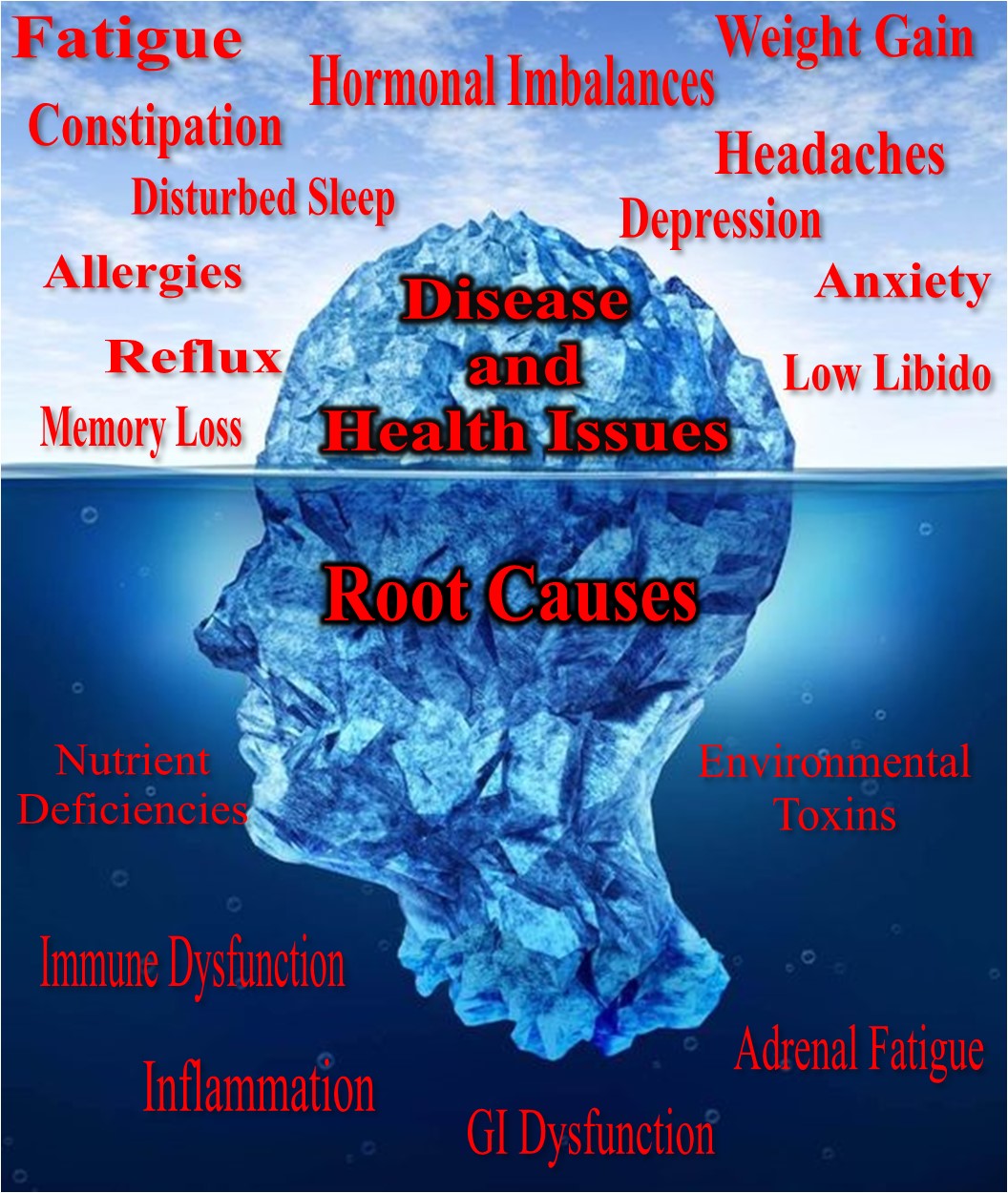Precision Medicine: Optimizing Your Health

Do you feel like the healthcare system treats you like a number? Are you concerned that your unique health needs are not being addressed? If you are, you may be wondering if a combination of precision medicine and functional medicine is the right approach for you. These two healthcare approaches aim to personalize treatment plans based on an individual’s unique genetic and environmental factors. So, who can benefit from these approaches?
By combining precision and functional medicine, you can create a more personalized and holistic approach to your healthcare!
In this blog post, we’ll explore the world of this two approaches in medicine to help you determine if these approaches may be the right choice for your health and wellness.
Precision medicine is also known as personalized medicine!
Personalized medicine tailors treatment plans to an individual’s unique needs using genetic and other information. This approach recognizes that no two people are exactly alike, and therefore, the same treatment may not work for everyone. By identifying the genetic and environmental factors that contribute to a patient’s health issues, this approach develops targeted treatment plans for optimized health and wellness.
Another term for functional medicine is the root cause medicine!
Practitioners of functional medicine focus on the root cause of illness, rather than just treating symptoms. They use a patient-centered approach to healthcare. They identify underlying factors that contribute to a patient’s health issues. Hence, diet, stress, genetics, and environmental toxins. By addressing these root causes, functional medicine practitioners aim to restore balance to the body and promote healing.

Is precision or functional medicine right for me?
To determine if they are right for you, consider your individual health needs and goals. If you’re struggling with a chronic health condition and traditional treatments have not been effective, exploring functional medicine may be beneficial. Practitioners of functional medicine take a holistic approach to health and wellness. They look at the whole person rather than just treating individual symptoms.
If you’re interested in precision medicine, it may be worth considering if you have a family history of certain genetic disorders. Or, if you’ve been diagnosed with a condition that has a genetic component, such as cancer or heart disease. Personalized medicine can provide a more targeted approach to treatment. this can be especially beneficial in cases where traditional treatments have not been effective.
If you’re interested in both precision and functional medicine, you may be able to find a healthcare provider or medical center that offers a combination of these approaches, providing you with a more comprehensive and personalized approach to your healthcare needs.
Who can benefit from functional and precision medicine?
Functional medicine can benefit anyone who is looking for a more personalized and holistic approach to healthcare. This approach is particularly helpful for those with chronic health issues that have not been resolved with traditional medicine.
Ultimately, deciding to pursue functional and precision medicine is a personal choice. To determine the approach that is best for your unique health needs and goals, it’s essential to speak with your healthcare provider and discuss your options.
To conclude, functional and precision medicine aim to personalize treatment plans based on an individual’s unique genetic and environmental factors. Deciding if these approaches are right for you depends on your individual health needs and goals. It’s important to speak with your healthcare provider to determine the best approach for you.
If you’re curious about functional and precision medicine and would like to learn more about whether they’re right for you, consider scheduling a consultation with a precision/functional medicine practitioner. They can provide valuable insights into how these approaches can benefit your health and well-being.
Check out “The Promise of Precision Medicine” by the National Institute of Health (NIH)
